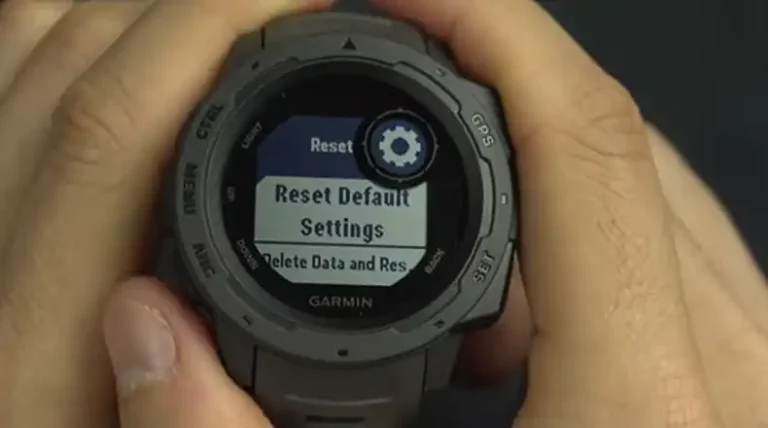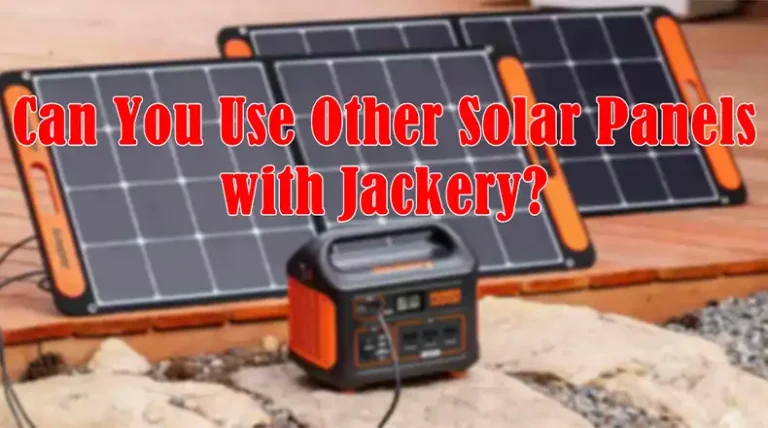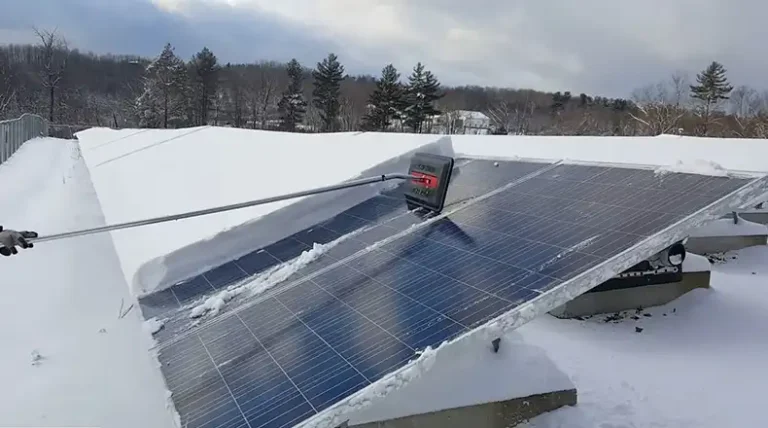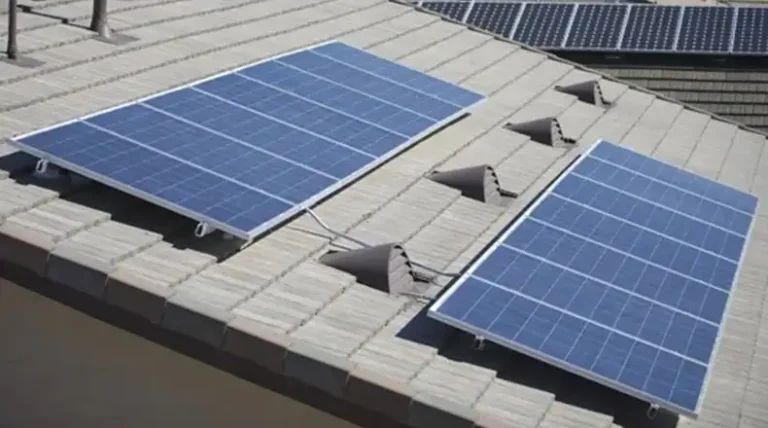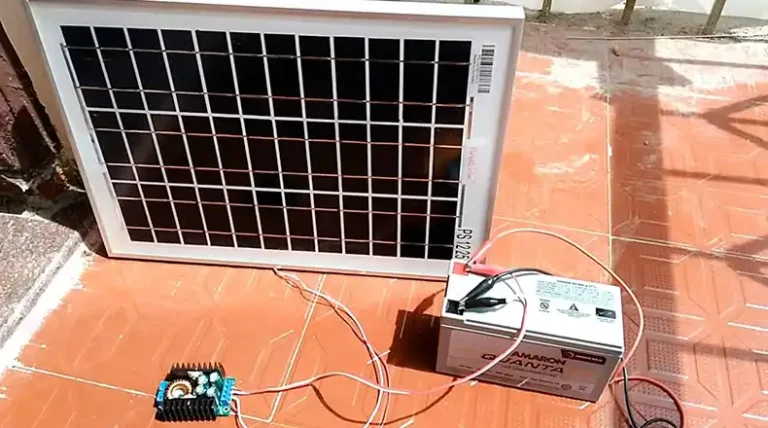Will a Solar Panel Work Through Clear Plastic? What Answer I Found
Solar panels are a great way to generate clean, renewable energy. However, what if you need to protect your solar panels from the elements or want to use them in a greenhouse? can you use clear plastic to cover your solar panels?
Yes, you can use clear plastic to cover your solar panels and the panels will work. However, it is important to note that the type of plastic you use and how you apply it can affect the efficiency of your solar panels.
In this article, we will discuss the different types of clear plastics that can be used over solar panels, how adding clear plastic affects panel efficiency, and whether or not you should keep the clear plastic on your solar panels.
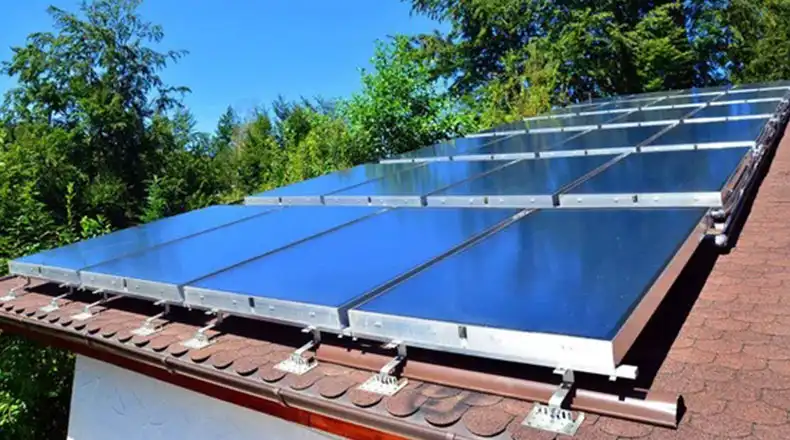
Which Types of Clear Plastics Are Used Over a Solar Panel?
Clear plastics come in various forms, and not all of them are suitable for covering solar panels.
- Acrylic: Acrylic is a durable, lightweight plastic that is often used in greenhouses and skylights. Acrylic is also a good insulator, which can help to protect solar panels from extreme temperatures.
- Polycarbonate: Polycarbonate is another durable, lightweight plastic that is often used in greenhouses and skylights. Polycarbonate is also very impact-resistant, making it a good choice for protecting solar panels from hail and other damage.
- PVC: PVC is a versatile plastic that is used in a variety of applications. PVC is also a good insulator and is relatively inexpensive. However, PVC is not as durable as acrylic or polycarbonate and can become brittle over time.
Does Adding Clear Plastic Over Solar Panels Affect Panel’s Efficiency?
Now, let’s address the million-dollar question: Does adding clear plastic over solar panels affect their efficiency? The answer is yes, but the extent of the impact can vary on different factors.
Transparency
Transparency is the ability of a material to allow light to pass through it. Acrylic and polycarbonate are more transparent than PVC, meaning that they allow more light to pass through them. This is because acrylic and polycarbonate have a lower refractive index than PVC. The refractive index of a material is a measure of how much it bends light. A lower refractive index means that the material will bend light less, and therefore allow more light to pass through it.
Thickness
The thickness of a plastic will also affect its transparency. The thicker the plastic, the less light will be able to pass through it. This is because the thicker the plastic, the more light will be absorbed and scattered.
Air gaps
Air gaps between the plastic and the solar panel can also reduce the amount of light that reaches the solar cells. This is because air gaps can cause light to be reflected back and forth between the plastic and the solar panel, and eventually be lost.
However, clear plastic also introduces a new element into the equation: reflection. When sunlight hits the plastic, a portion of it may be reflected away instead of being absorbed by the solar cells. This reflection can result in a slight reduction in the amount of energy your panels generate. But, here’s the good news: this reduction is typically minimal, often less than 5%, and sometimes it can be 10%. So, while there is some loss, the overall benefits of protection often outweigh this minor decrease in efficiency.
So, Should You Keep the Clear Plastic or Remove It?
Now that we’ve discussed the impact of clear plastic on solar panel efficiency, you might be wondering whether you should keep the plastic covering or remove it. The decision largely depends on your location and specific circumstances.
If you live in an area prone to harsh weather conditions, such as heavy storms or intense UV radiation, keeping the clear plastic is a wise choice. It helps preserve the longevity of your solar panels by safeguarding them from potential damage. In such conditions, the small reduction in efficiency is outweighed by the protection provided.
On the other hand, if you live in a region with milder weather and minimal pollution, you might consider removing the plastic. In these conditions, your solar panels can function optimally without the added layer of plastic, and you can maximize your energy production.
Final Thoughts
In conclusion, using clear plastic over solar panels can be a smart move, especially in regions with harsh weather. The minor reduction in efficiency is a trade-off for the protection it provides. However, in more forgiving climates, you may choose to go without the plastic. It’s important to assess your individual circumstances and make an informed decision.
Remember, the primary goal of solar panels is to harness the sun’s energy, and whether or not you choose to use clear plastic, you’re still contributing to a cleaner, more sustainable future. So, go ahead, make the decision that works best for you and your environment, and let the sun’s energy shine on!
Questions Your Creative Mind Can Ask
- Q: Can I use any type of clear plastic to cover my solar panels?
A: Not all clear plastics are suitable for this purpose. Opt for materials like acrylic, polycarbonate, or PET, which are transparent and UV-resistant.
- Q: Does clear plastic over solar panels affect their lifespan?
A: Clear plastic can extend the lifespan of solar panels by protecting them from environmental factors, such as rain, dust, and debris.
- Q: What are the benefits of using clear plastic over solar panels in a sunny region?
A: In sunny regions, clear plastic can still offer protection from dust and debris, but you may choose to remove it to maximize efficiency.
Q: Are there any maintenance requirements for clear plastic over solar panels?
A: Regular cleaning to remove dust and dirt can help maintain the transparency of the plastic and ensure optimal performance of the solar panels.

